VIOLENT CRIMES
WHAT IS A VIOLENT CRIME?
The term violent crime can be applied to many types of cases. It is generally defined as a crime that involves the significant risk of injury or death that occurs through the use of force or violence. Any situation that involves the illegal use of a weapon or a threat of violence falls under the category of violent crime. Violent crimes in the state of Michigan are specifically treated more harshly by courts than non-violent crimes such as embezzlement or fraud.
When a violent crime is alleged, the prosecutor, while representing the state or district, essentially becomes the alleged victim’s attorney when a violent crime is charged. This allows the alleged victim to have all of the police and investigative resources that are available to the prosecutor to build their case against you. If you are being accused of a violent crime, then make sure that you understand that police, prosecutors, and judges do not take these cases lightly. People in these positions are not your friends and speaking to anyone before speaking to an attorney can have disastrous consequences.
Common examples of violent crime include:
- Murder
- Felony Murder
- Voluntary Manslaughter
- Assault with Intent to Murder
- Armed Robbery
- Assault with Intent to do Great Bodily Harm
- Kidnapping
- Domestic Violence
- Felonious Assault
- Assault & Battery
- Aggravated Assault
- Felony Firearm
- Arson
If you are being investigated or have been charged with one of the above crimes, then it is crucial that you seek the advice of an experienced violent crimes attorney as soon as possible.
WHAT HAPPENS IF SOMEONE IS CONVICTED OF A VIOLENT CRIME?
Jail/Prison:
Being convicted of a violent crime can result in either jail or prison time, depending on the type of charges and the circumstances of your case. A domestic violence conviction can result in up to 93 days in jail for a first offense, while an armed robbery conviction can result in up to 15 years in prison. A felony murder conviction can result in up to a life sentence without the possibility of parole. Violent crimes give judges a wide range of potential sentencing options.
Probation:
Probation is an alternative to jail/prison and can also in addition to a jail/prison sentence. If someone is on probation, they will have to follow special rules, like not drinking alcohol or using drugs. The person on probation will have a probation agent who will make sure they are following the court’s orders. If the individual breaks the rules of probation, then they could go to jail for up to the maximum of the original charge.
Restitution:
You can be ordered by the court to pay the victim of a violent crime money for medical treatment, property loss and damage, as well as counseling and other related costs. A failure to pay ordered restitution can be considered a violation that can result in jail time.
Fines:
The court will assess fines for violent crimes convictions in the form of court costs, probation oversight fees, state fees, and other appropriate costs. These costs can be in the hundreds for misdemeanors and in the thousands and above for felony convictions.
Other:
A violent crime conviction can hurt you in other ways such as losing your job, being unable to get a job, and the possible suspension and/or revocation of any professional licenses you may have. If you are a professional such as a doctor, lawyer, or anyone that needs a state license to practice, then a violent crime charge puts your license at risk.
LEGAL DEFENSES TO VIOLENT CRIMES
To be convicted of a violent crime, a prosecutor must prove specific things against you called elements. Violent crimes have four basic elements:
1) presence,
2) intent,
3) actual or attempted violent contact of another, and
4) the contact or attempted contact was unjustified.
Typically, violent crimes require your presence unless you are alleged to have directed another to commit a violent crime. A prosecutor typically has to prove you were there when the violent crime took place. Do you have an alibi? You don’t have to prove your alibi; the Prosecutor is required to prove your presence. Simple physical contact or attempted physical contact is not enough for a violent crime conviction. A violent crime conviction requires that whatever contact that is alleged to have been made was both intentional and violent in nature. This contact can be inferred as intentional and violent in many ways. Finally, a prosecutor must show that the alleged violent crime did not have legal justification. Were you acting in self-defense? If you were, then this can serve as a legal defense to a violent act.
Other potential defenses exist including motions to suppress evidence when there are suspected Constitutional violations. It is critical that your attorney reviews every potential defense option when reviewing your case.
THE MY MICHIGAN LEGAL DIFFERENCE
To be convicted of a violent crime, the prosecutor must show that you intended to commit or did commit a violent act on another without legal justification. Has there been a mistake? Are you able to demonstrate that you did not commit the alleged act? What is the other side of this story? To present your best defense, these are just some of the questions you will have to answer. At My Michigan Legal, we pride ourselves on not limiting your defense to simply trying to explain the prosecutor’s version of events. We defend cases by going on offense, by advancing your version of events backed up by our in-depth investigations and sound legal research.
WHAT IF I HAVE QUESTIONS?
If you or someone you love is facing a charge involving a violent crime, then you will likely have a number of questions. Finding a website like this one can be a great resource, but it is not a substitute for the advice of an experienced criminal defense attorney. If you have questions about your situation, then contact us at My Michigan Legal today.


